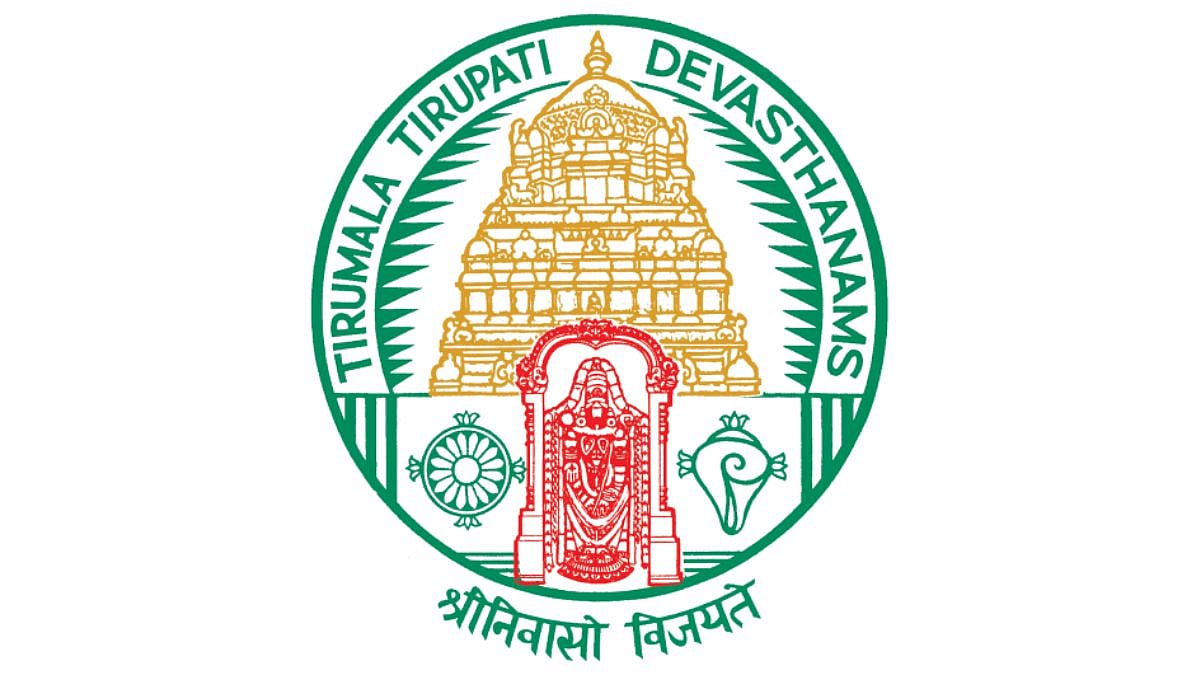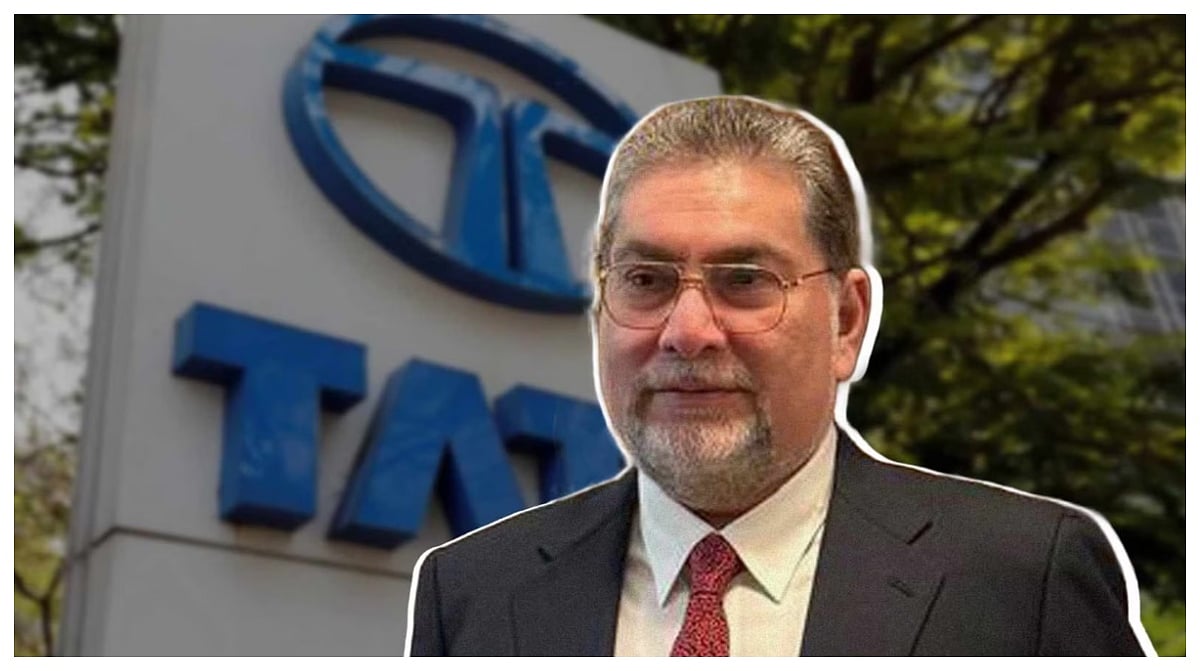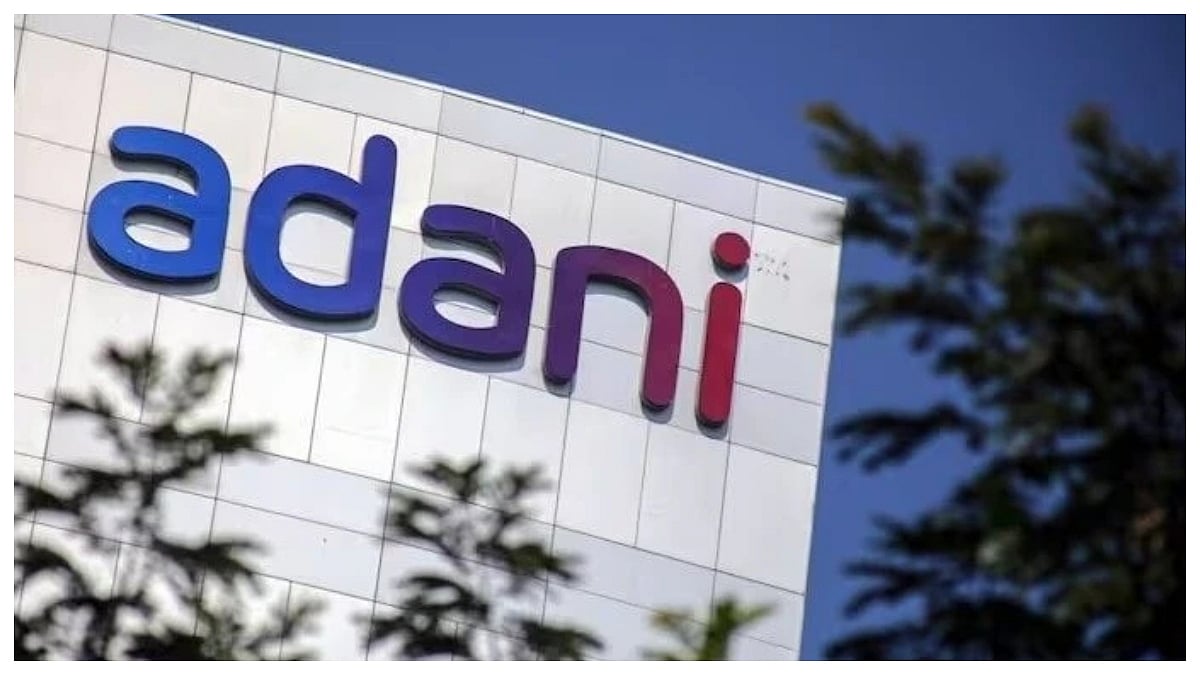Becoming a parent is a transformative experience for any individual which marks a major shift in priorities and makes a work-life balance all the more important. At a time when the participation of women, mostly spending time away from work during childbirth, has gone down from 45 per cent to 24 per cent in the workforce, better parental leave policies are crucial. At the same time, India's corporate sector is moving towards gender-neutral parental leave, with a higher time span of at least 12 weeks.
Facilitating more family time
Banking firm JP Morgan now offers paid paternity leave for 16 weeks instead of 10 days, for its employees in India. As others such as Pfizer offer three months off to adoptive and non-binary fathers as well, Cure.fit has increased it to six months. More gender neutral terms such as primary care giver are also being used while extending parental leaves.
Initiatives making up for absence of policies
Although government employees get 15 days after childbirth, there isn't any law governing paternity leave in the private sector, which is why initiatives by firms are the only option for now. People at Pfizer can also take their three-moth parental leave over a period of two years, as they experience significant changes in life. The changes come as firms are taking wellness of employees seriously, and are meant to reduce the pressure of seeming unprofessional.
The pandemic also allowed professionals to spend a lot of time with their children as they worked from home, opening up new possibilities for a work-life balance. As firms seek to bring employees back to office, more liberal policies can be a deciding factor.











